Healthy Coping Tools for Stress: From Weeds to Wellness
What are your healthy coping tools for stress? If you’ve ever tried to “pull the weeds” in your life, those habits that grow back no matter how often you uproot them, you know how persistentHealthy Coping Tools for Stress: From Weeds to Wellness









